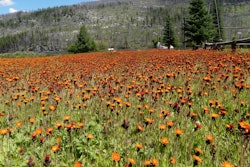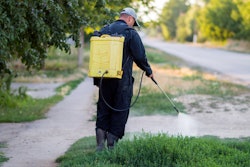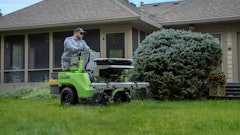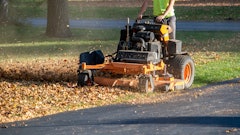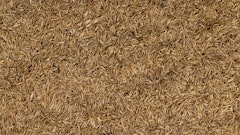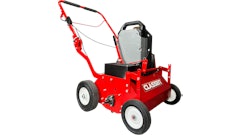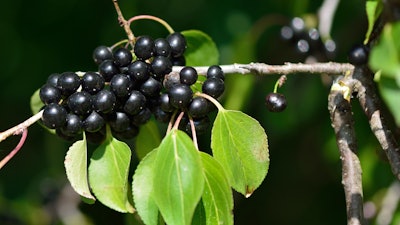
The Pennsylvania Department of Agriculture has added ravenna grass, glossy buckthorn and common buckthorn to a list of noxious weeds — plants that cannot be legally sold or cultivated in the state.
The non-native plants spread aggressively into wooded areas and fields, crowding out beneficial plants and disrupting native ecosystems. The ban on sale and cultivation will take effect April 5, 2022 with enforcement phased in over the next year.
"Pennsylvania is working to repair the damage done by plants that were introduced to our landscape decades ago without foresight into how they might harm our environment and food supply," says Agriculture Secretary Russell Redding. "Banning the sale of invasive plants and educating homeowners and consumers to plant native species today are both vital for protecting our environment, our food supply and our economy tomorrow."
Property owners should consider eliminating these plants and seek native alternatives when choosing plants for landscaping, the department says.
Ravenna grass (Tripidium ravennae), also known as hardy pampas grass, is a 6-foot tall, perennial, ornamental grass commonly sold in nurseries. Its seedy plumes allow it to spread rapidly, choking out native plants and reestablishing easily. The department will begin enforcing the ban on its commercial sale in September 2022. Find more information on ravenna grass and native alternatives at dcnr.pa.gov.
Glossy buckthorn (Frangula alnus) is a small tree or shrub whose berries are eaten by birds, spreading the plant. It aggressively spreads in wetlands, choking out native plant and animal habitats. It has a commercially available cultivar called rhamnus fine line. The department established an exemption procedure for breeders who own the rights to varieties that have been researched and proven sterile, and will consider exempting these varieties from the ban. The department will begin to enforce the ban on glossy buckthorn sale in 2023.
Common buckthorn (Rhamnus cathartica) is a deciduous tree that reaches 22 feet high, with dark green leaves and berries. It forms dense thickets, choking out native ecosystems. It is not sold commercially.




